Starting an e-commerce business can be an exciting venture for small business owners. However, understanding the hardware and software requirements for e-commerce is crucial to building a successful online business. This guide will explain everything you need about setting up the right infrastructure for your e-commerce business.
Why Hardware and Software Matter in E-commerce
The core of any e-commerce business is technology. The correct hardware and software guarantee a good user experience, safe data, and seamless transactions. This blog aims to assist small company owners in comprehending the necessary elements for their online businesses.
Hardware and Software Basics
It’s crucial to know that software comprises the apps and programs that operate on these devices, whilst hardware refers to the gadgets utilized before we go into the intricacies. They work together to create a viable and effective e-commerce platform.
This blog will help you identify hardware and software requirements for e-commerce.
Hardware Requirements
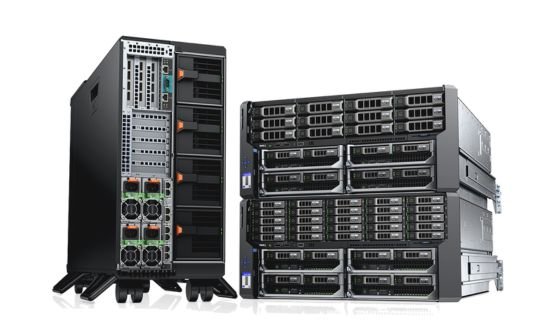
1. Server Infrastructure
Dedicated Servers vs. Cloud Servers
When selecting server architecture, it is essential to comprehend the distinctions between dedicated and cloud servers. Dedicated servers provide superior performance and dependability by granting exclusive usage of the actual hardware. On the other hand, cloud servers are perfect for dynamic workloads since they distribute resources over several virtual machines, allowing for scalability and cost-effectiveness.
Scalability, Performance, and Security
Performance and scalability are important factors for enterprises. While dedicated servers could perform better for static, high-load applications, cloud servers are superior in scalability, enabling organizations to modify resources as needed. Both solutions require security features like firewalls and DDoS defence to defend against online attacks.
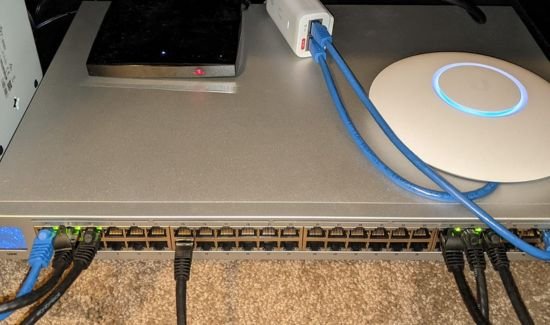
2. Networking Equipment Essentials
Reliable Networking Equipment
Building a strong network architecture requires load balancers, switches, and routers. These solutions guarantee smooth device-to-device connectivity, effective data traffic management, and best-in-class resource usage inside an enterprise.
Secure Remote Access
Maintaining productivity requires stable internet access, particularly when work is done remotely. By installing VPNs, you can be sure that important data is safe from attacks and that security regulations are followed.

3. Choosing the Right Storage Solutions
SSD vs. HDD Storage Solutions
Your decision between SSDs and HDDs might greatly impact your system’s performance and dependability. SSDs are perfect for high-performance applications because they provide better endurance and quicker data access rates. However, HDDs are more affordable and offer greater store capacity, making them ideal for large-scale data preservation.
Cloud Storage and Backup Plans
Cloud storage services like AWS S3 and Google Cloud Storage provide scalable and adaptable storage options that complement disaster recovery strategies. These solutions provide data security and redundancy, enabling SMBs and IT specialists to put efficient backup and recovery plans in place to guard against data loss.
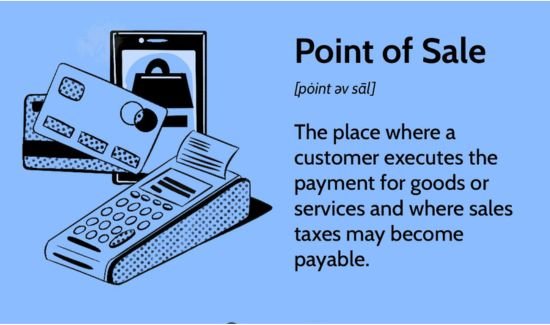
4. Point of Sale (POS) Systems
Modern companies need point-of-sale (POS) systems because they expedite transactions and enhance consumer experiences. By integrating POS systems with online platforms, businesses may improve customer relationship management, synchronize sales data, and manage inventory in real-time. This connectivity is essential for IT professionals and startups looking to maintain their competitiveness.
Hardware Components and Mobile POS Solutions
For point-of-sale (POS) systems to work properly, certain hardware elements, including receipt printers and barcode scanners, are necessary. With mobile point-of-sale (POS) solutions’ flexibility, businesses may conduct transactions from any location while improving customer service and operational efficiency.
Adopting these technologies helps small and medium-sized organizations develop by streamlining processes and promoting efficiency.
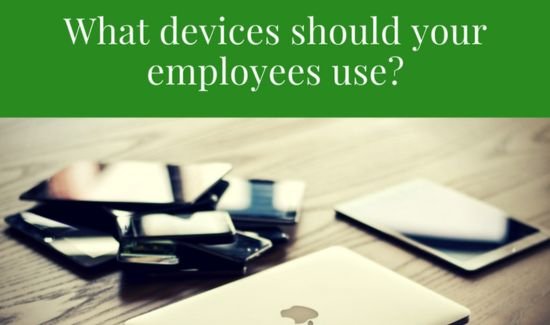
5. Personal Computing Devices for Your Team
Personal Computing Devices
Employee workstations in today’s fast-paced corporate world require personal computers. These gadgets, which come with the latest technology and software, guarantee that workers can do their work quickly and effectively.
Mobile Devices for On-the-Go Management
Thanks largely to mobile devices, managers can stay connected and make decisions while on the road. Compatibility with current systems is a crucial factor to consider when selecting equipment to guarantee smooth integration and operation.
Software Requirements

1. E-commerce Platforms
Selecting the appropriate platform is essential in the ever-changing world of e-commerce. Well-known systems like WooCommerce, Magento, and Shopify provide strong solutions for various company requirements. Magento offers a wide range of customization choices, WooCommerce integrates with WordPress smoothly, and Shopify is renowned for its user-friendliness and first-rate customer care.
Custom vs. Off-the-Shelf Solutions
Consider your business’s needs while choosing between off-the-shelf and bespoke e-commerce solutions. While specialized solutions give capabilities specifically designed for specific company needs, off-the-shelf systems like Shopify provide rapid setup and user-friendly interfaces. To drive traffic and guarantee seamless user experiences, key features to search for include SEO skills, extensive analytics, and an intuitive UI.

2. Content Management System (CMS)
Content Management Systems (CMS) are essential for small and medium-sized enterprises, startups, and IT specialists. They simplify updating products and content and eliminate the need for in-depth technical expertise by letting you handle everything from a single platform.
Integration with E-commerce Platforms
E-commerce systems with contemporary CMS solutions like WordPress, Joomla, and Drupal work together flawlessly. With this connection, you can worry less about technological problems and more about expanding your business as your online store operates smoothly and effectively.

3. Securing Your Payment Gateways
Businesses must have payment gateways to offer safe online payment solutions. They enable transactions between customers and merchants by encrypting sensitive data and guaranteeing safe data transfer.
Compliance and Integration
Credit cards and PayPal are just two examples of the many payment options that modern payment gateways enable a seamless connection with. Additionally, they follow PCI-DSS guidelines, which adds another degree of security and compliance that is essential for safeguarding client information and upholding confidence.

4. Managing Customer Data with CRM Systems
CRM (customer relationship management) solutions are critical for small and medium-sized enterprises, startups, and IT specialists. They improve customer happiness and loyalty by streamlining the administration of consumer data and interactions.
Integration with E-commerce Platforms
Integrating CRM systems with e-commerce platforms further optimizes business processes. Prominent instances include Salesforce, HubSpot, and Zoho, which provide strong options for smooth connection, guaranteeing effective administration of client data and enhanced sales procedures.
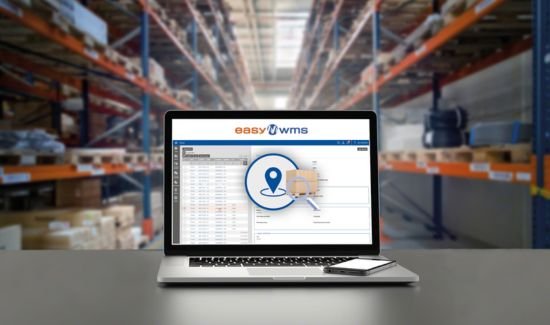
5. Real-Time Inventory Management
Inventory management software may completely change how startups, small and medium-sized enterprises, and IT specialists manage their inventory. Real-time inventory tracking makes stockouts and overstocking less likely, guaranteeing you always know what you have on hand.
Seamless Integration and Automation
Inventory data is constantly current with POS and e-commerce systems, simplifying sales and stock management. Automated reorder notifications make the procedure simpler, ensuring you never run out of necessities.
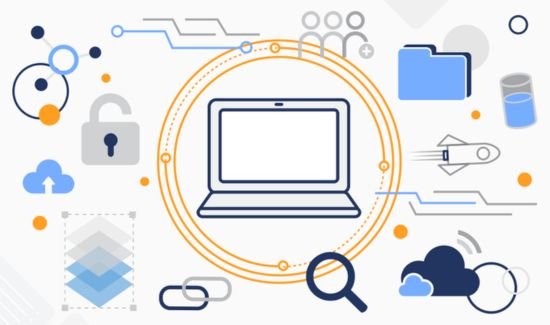
6. Ensuring Security with Software Solutions
Security software is essential in today’s digital environment to safeguard sensitive data. To guarantee a safe environment, IT experts, startups, and small to medium-sized organizations need to invest in complete solutions, such as SSL certificates and anti-virus software.
Regular Security Audits
Vulnerability assessments and regular security audits are crucial procedures. They aid in the early detection of possible dangers, enabling firms to handle problems before they develop into serious concerns. Implementing these steps improves overall security and increases client trust.

Additional Considerations
1. Planning for Scalability and Future-proofing
Scalability and future-proofing are critical for IT professionals and startups in today’s fast-paced corporate environment. Anticipating future requirements and including flexible software and hardware solutions that may change as your company grows are key components of growth planning.
Regular Updates and Upgrades
It is important to apply updates and upgrades regularly to maintain competitiveness. This strategy optimizes productivity and ensures your systems are current and safe, giving you a strong platform for long-term success.
2. Analyzing Costs and Benefits
Initial Setup Costs vs. Ongoing Maintenance
When making IT infrastructure plans, it’s critical to distinguish between startup fees and continuing maintenance expenditures. While the setup could necessitate a sizable initial hardware and software expenditure, continuing maintenance expenses are frequently unpredictable and change over time.
Budgeting for Unexpected Expenses
Setting aside money in your budget for unforeseen costs is crucial. These may include unannounced software updates, security enhancements, or urgent maintenance. Budgeting effectively guarantees that your IT operations operate without unexpected financial hardship.
3. Vendor Support and Employee Training
IT professionals and organizations need dependable vendor assistance. This guarantees that systems function properly and that problems are fixed quickly, reducing downtime and increasing productivity.
Training Programs and Resources
Offering comprehensive training programs and thorough documentation empowers staff with the knowledge they need to operate systems efficiently. Access to detailed resources improves self-sufficiency and reduces dependency on external support, leading to smoother operations.
Conclusion
In conclusion, the proper hardware and software setup is essential for e-commerce success. Every element is essential, from safe payment gateways to strong server architecture. You can establish a solid basis for your e-commerce firm by making the appropriate tool investments and development plans.
Our goal is to support you as you pursue e-commerce. We hope this blog helped you explore the hardware and software requirements for e-commerce. If you want to start daraz affiliate marketing then read this article: Boost Your Income with Daraz Affiliate Marketing. If you want to know the difference between digital marketing and affiliate marketing then read this article: Digital Marketing vs Affiliate Marketing Which is Best for You.
FAQs
How do payment gateways secure transactions?
Payment gateways protect transactions by encrypting private data, including credit card numbers, while the transaction is being processed. This encryption avoids fraud and illegal access and ensures that data is delivered securely between the client and the business.
What benefits do real-time inventory management systems offer?
Using real-time inventory management systems, which offer up-to-date information on stock levels, decreases the danger of overstocking or stockouts. These systems provide seamless sales operations and effective stock management by automating reorder procedures and integrating with POS and e-commerce systems.
How can businesses ensure their IT infrastructure is secure?
Businesses may keep their IT infrastructure secure by investing in comprehensive security solutions like SSL certificates and anti-virus software, conducting regular security audits, and conducting vulnerability assessments. By identifying and reducing possible risks, these procedures assist in protecting sensitive data in a secure environment.
Why is vendor support and employee training important?
Dependable vendor assistance ensures fast resolution of system problems, reducing downtime and increasing productivity. Thorough employee training programs provide employees with the skills they need to run systems effectively, lowering their need for outside assistance and facilitating more seamless operations.

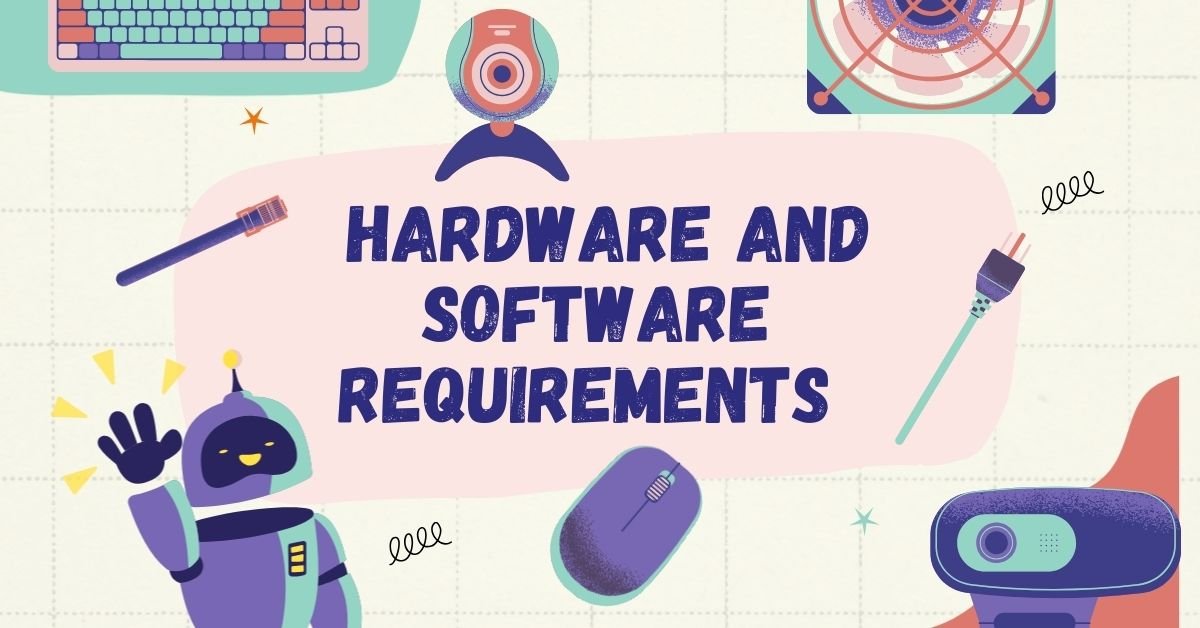
2 thoughts on “Essential Guide to Hardware and Software Requirements for E-commerce Success”